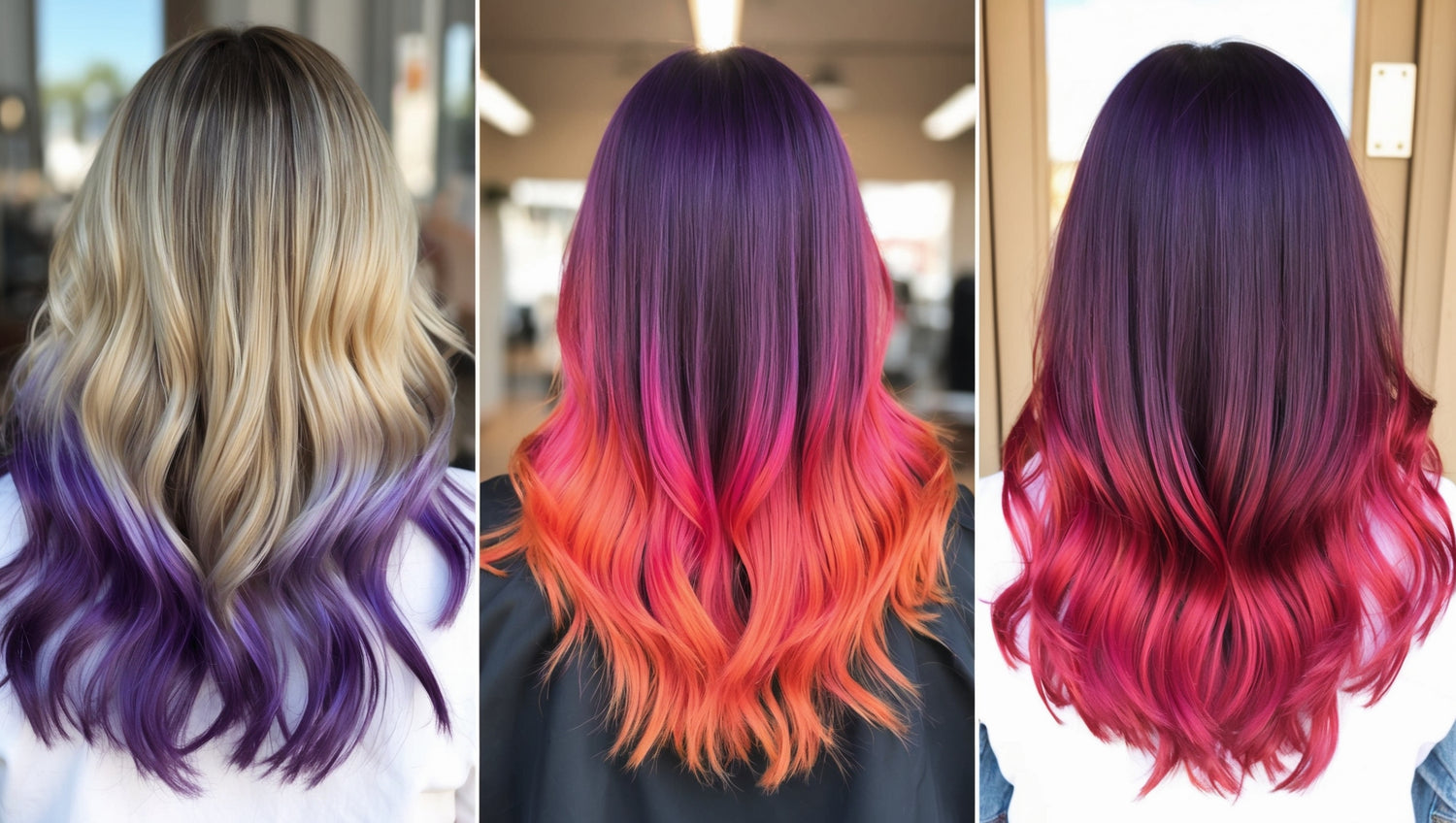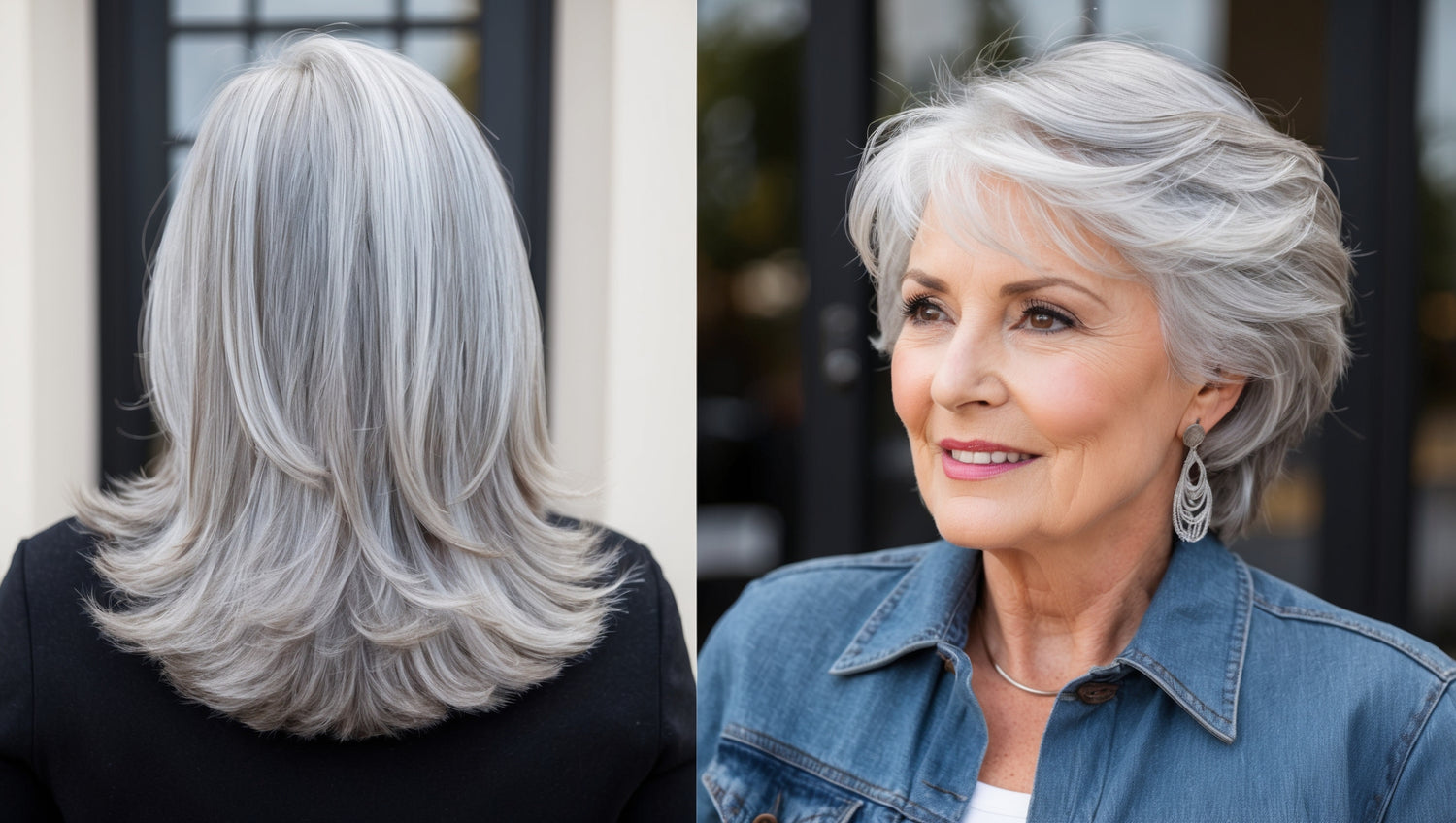STRESS-RELATED HAIR LOSS: HOW DO YOU RECOGNIZE SOMETHING THAT IS NOT THERE?
And how do you actually know that stress is the cause of hair loss? The dilemma begins with these questions, because stress is subjective. Every person is resilient to different degrees. Different forms of stress can be physically recognizable very early on, even though you don't find your everyday life to be a burden. Many of those affected do not initially even think that they are under stress.
To find out whether your hair loss is really due to certain forms of stress, you should first observe your living conditions. Do you work a lot or perhaps in irregular shifts? How much free time do you have or how often does it happen that you don't have to do a compulsory program? Are you more annoyed than you can be happy? The more negativity characterizes your existence, the higher the stress level. And yes, positive stress also leads to hormonal changes, which in turn influence your hair growth and hair health. Clear characteristics and side effects of stress-related alopecia include the following:
- Evenly thinning the hair on the entire head instead of just in places
- Losing more than a hundred hairs per day (up to a hundred is completely normal)
- the constant exposure to negative situations and stressful thoughts in every conceivable form
- constant changes in daily or weekly rhythms, professionally or privately
- Things that have been unsaid for a long time that actually require a conversation - also professionally or privately
So analyze whether any of these circumstances (or similar ones) apply to your present. If so, then psychological stress is very likely the cause of alopecia. It's best to take this as an opportunity to take active action against it. Lack of sleep also falls under the category of stress. Since your hair follicles regenerate primarily at night while you sleep and hair growth also occurs at this time, this phase is particularly important. Fatigue and inability to concentrate have very similar effects to stress.
PREVENTION AND COUNTERMEASURES FOR STRESS-RELATED HAIR LOSS
Prevention is not that easy. Since every person is individually resilient, one of the few prevention options is to prevent stress from occurring in the first place. However, since not only you but also other people influence your well-being, they also influence the extent of your personal stress. Instead of withdrawing, it is much more efficient to ensure a healthy balance every now and then. Taking a day or two off at regular intervals can do wonders.
At the same time, we recommend hair care products that counteract or prevent hair loss. These include, for example, shampoos with biotin content or caffeine shampoo. Friction also contributes to the desired success: they stimulate blood circulation and strengthen the hair roots and follicles - this in turn ensures that your hair is better anchored in the scalp. Finally, vitamins should be mentioned in the form of dietary supplements that can be taken daily or weekly for reinforcement.
If you have to do it quickly and your hair allows it, extensions or hair replacements are proven ways to conceal alopecia. In addition to toupees or welded hair extensions, we recommend strands that are simply clipped into the hair using a clip. The advantage of hair replacement parts: They can be cut individually and (in the case of real hair) colored if the desired color is not available.
THE CONCLUSION ON STRESS-RELATED HAIR LOSS
Do what hardly anyone does these days: take care of yourself and your health, give yourself time off and make sure that stress and negativity don't dominate your everyday life. In addition to strengthening hair care products and temporary quick measures, this is the most efficient way to prevent hair loss.





